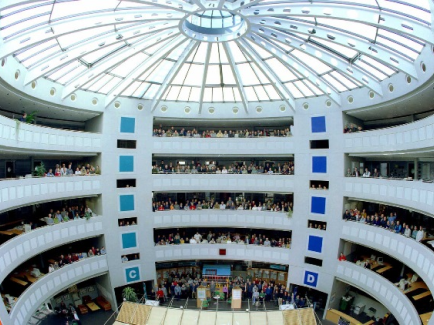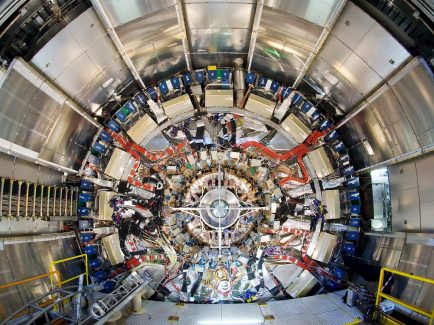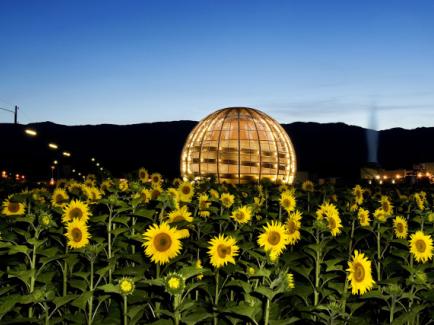US Scientists and Engineers represent about 20 percent of the ATLAS collaboration. Brookhaven National Laboratory is the host for the 45 US institutions contributing to the project, who are funded by the US Department of Energy and the National Science Foundation.

US ATLAS
US ATLAS is the US-funded contingency of the ATLAS experiment. The US collaboration consists of 45 US institutions and approximately 1,000 US-funded scientists, students, engineers and technicians. US ATLAS is funded by the US Department of Energy and National Science Foundation and its infrastructure is hosted at Brookhaven National Laboratory.

ATLAS Experiment
ATLAS is an international experiment that collects and studies data from the Large Hadron Collider, the world’s most powerful particle accelerator hosted at CERN. It is designed to explore the laws of physics at subatomic scales through testing the prediction of the Standard Model of particle physics and searching for new particles and forces. ATLAS looks for answers to questions such as: What are the basic building blocks of matter? What are the fundamental forces of nature? What is dark matter made of?

CERN
CERN is an international laboratory for particle physics research. The laboratory provides the infrastructure and resources for autonomous experiments. The United States was awarded CERN observer status in 1997 for significant in-kind contributions to CERN's accelerator complex. The US-CERN collaboration is governed by international cooperation agreements, which are prepared and agreed upon jointly by the US Government agencies and CERN.
